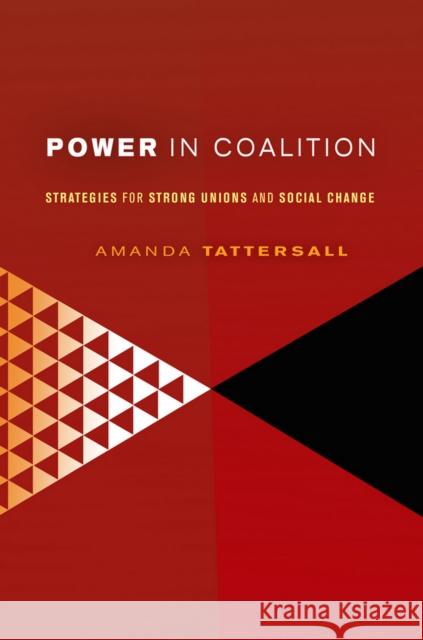Power in Coalition » książka
Power in Coalition
ISBN-13: 9780801476068 / Angielski / Miękka / 2010 / 224 str.
The labor movement sees coalitions as a key tool for union revitalization and social change, but there is little analysis of what makes them successful or the factors that make them fail. Amanda Tattersall an organizer and labor scholar addresses this gap in the first internationally comparative study of coalitions between unions and community organizations. She argues that coalition success must be measured by two criteria: whether campaigns produce social change and whether they sustain organizational strength over time. The book contributes new, practical frameworks and insights that will help guide union and community organizers across the globe. The book throws down the gauntlet to industrial relations scholars and labor organizers, making a compelling case for unions to build coalitions that wield "power with" community organizations.Tattersall presents three detailed case studies: the public education coalition in Sydney, the Ontario Health Coalition in Toronto, and the living wage campaign run by the Grassroots Collaborative in Chicago. Together they enable Tattersall to explore when and how coalition unionism is the best and most appropriate strategy for social change, organizational development, and union renewal. Power in Coalition presents clear lessons. She suggests that "less is more," because it is often easier to build stronger coalitions with fewer organizations making decisions and sharing resources. The role of the individual, she finds, is traditionally underestimated, even though a coalition's success depends on a leader's ability to broker relationships between organizations while developing the campaign's strategy. The crafting of goals that combine organizational interest and the public interest and take into account electoral politics are crucial elements of coalition success."











